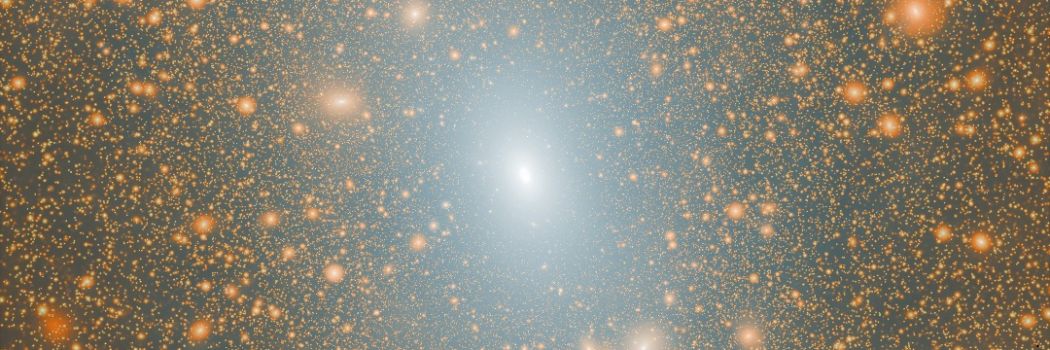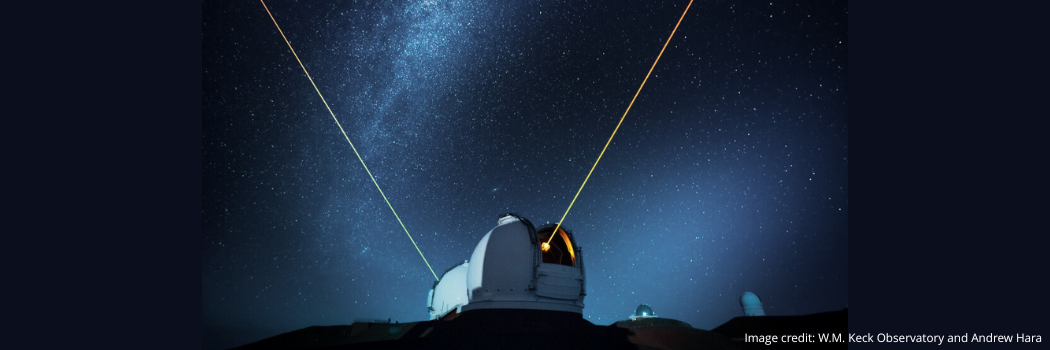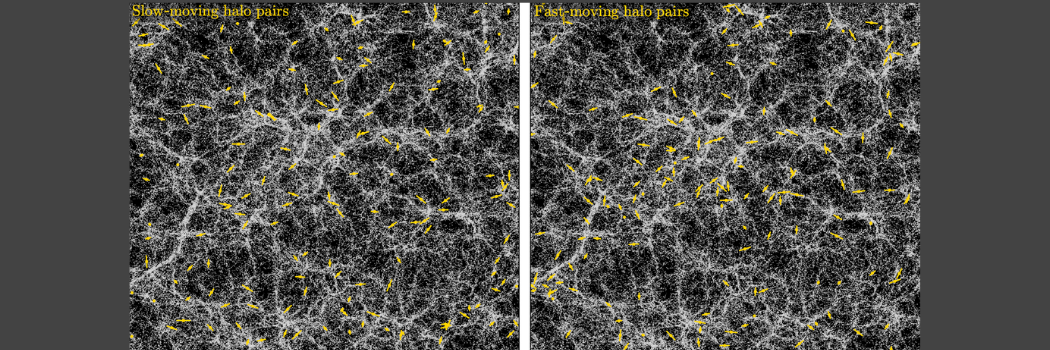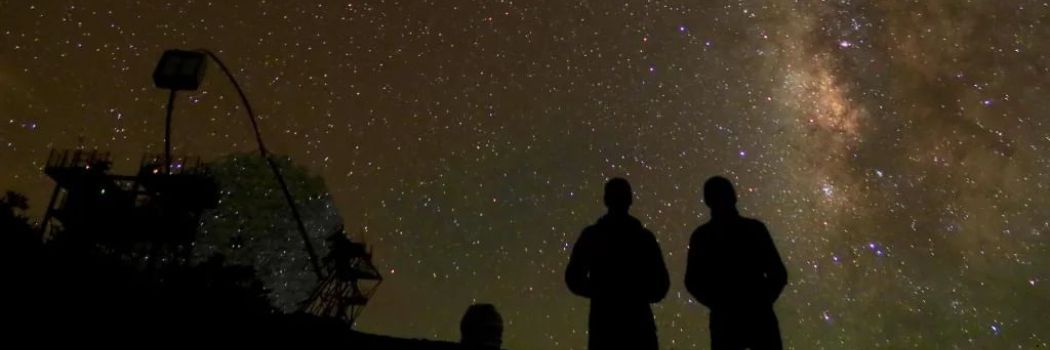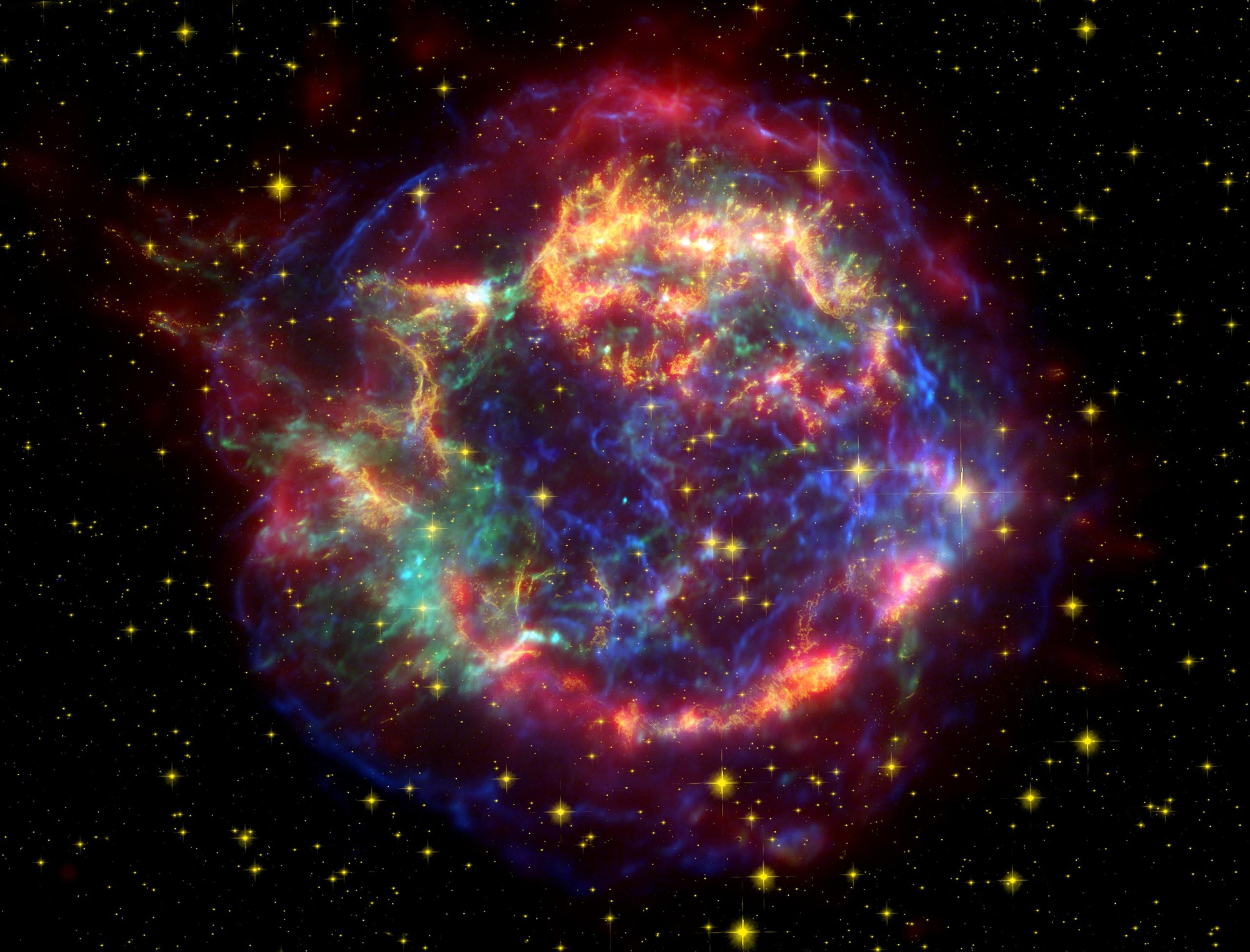Latest News
Celebrating Community, collaboration, and curiosity: STEM ECR Networking and Careers Event
On Friday 20 June, the Physics Department and St John’s College hosted a STEM ECR Networking and Careers Event, open to all science faculty students and staff, aimed at supporting researchers at this pivotal stage. Around 30 ECRs signed up for an informal evening of pizza, drinks, and cross-disciplinary conversation, bringing together participants from chemistry, physics, computer science, engineering, and more.
Milky Way could be teeming with more satellite galaxies than previously thought
The Milky Way could have many more satellite galaxies than scientists have previously been able to predict or observe.
Mysterious ‘Dark Dwarfs’ may be hiding at the heart of the Milky Way
A new study has proposed the existence of a new type of cosmic object that could be hiding at the centre of our galaxy.
Working to answer the ultimate question – are we alone in the Universe?
Dr Cyril Bourgenot from our Centre for Advanced Instrumentation is part of a team developing cutting-edge technology to enable astronomers to look deeper into the Universe. He is presenting this work as part of the Royal Astronomical Society’s National Astronomy Meeting 2025, which is being hosted by Durham University this week. Here, Cyril tells us about his work and how it could help answer the ultimate astronomical question – is there life elsewhere.
Dr Kai Wang sheds new light on cosmic connections at National Astronomy Meeting
Dr Kai Wang from our top-rated Physics department has presented his research at the Royal Astronomical Society’s National Astronomy Meeting (NAM2025).
Bright young stars light up UK's National Astronomy Meeting
Young people are at the centre of a major national conference bringing some of the world's finest scientists to the region.
National Astronomy Meeting 2025 – discover our free public events
We’re celebrating our role as hosts of the UK’s leading astronomy conference next week (7-11 July) with a series of free events for the public to enjoy.
National Astronomy Meeting 2025 - exploring Durham’s rich astronomical research
Almost a thousand of the world’s top space scientists will visit Durham University next week (7 to 11 July) as we host the UK’s National Astronomy Meeting (NAM) 2025.
New ‘mini halo’ discovery deepens our understanding of how the early Universe was formed
Astronomers have uncovered a vast cloud of energetic particles surrounding one of the most distant galaxy clusters ever observed, marking a major step forward in understanding the hidden forces that shape the cosmos.
‘World-class’ research showcased during Europe-wide summit
The global impact of our research has been highlighted during a visit by the European Research Council Scientific Council.
Durham scientists play key role in global space survey as first Rubin Observatory images released
Scientists from our top-rated Physics department are playing a major role in the world’s most ambitious space project, the Legacy Survey of Space and Time (LSST), led by the Vera C. Rubin Observatory.
ERC Spotlight: Professor Simon Cornish and global milestones in quantum physics
We will host the European Research Council's (ERC) Scientific Council Meeting this June. Leading up to the visit, we are highlighting some of the projects at Durham that are happening thanks to support from the ERC.


/prod01/prodbucket01/media/durham-university/departments-/physics/teaching-labs/VT2A9034-1998X733.jpeg)

